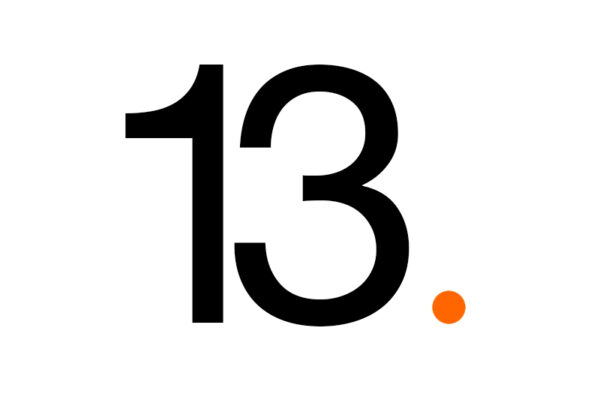
I have a question for you. Would you go online right now and pay your hard-earned money to go on a trip to a place of nowhere? No, you wouldn’t. When planning a trip, you don’t just book an airline ticket to nowhere. You start with the end goal (your destination), select travel dates, book a hotel, arrange transportation, and so on. The same approach should apply when creating a product or service.
Starting with the end in mind is a fundamental principle that applies to launching products, and services, and it can even be applied to life in general. Unfortunately, 95% of people overlook this approach, leading to poor decision-making, wasted time, money, and failed results.
Imagine a scenario where you have an incredible idea for a product or service. It’s innovative, unique, and you believe it has the potential to revolutionize the market. You dive right into development without considering the end goal. You invest time, money, and effort into creating something without a clear vision of what success looks like. Unfortunately, this lack of vision often leads to disappointment and failure.
Starting with the end in mind means envisioning the ultimate outcome you want to achieve with your product or service. It’s about setting specific goals, defining your target audience, and understanding the needs and desires of your customers. By doing so, you can align your efforts and resources to create something that resonates with your target market.
Let’s go back to the travel analogy. When planning a trip, you don’t just book a flight randomly and hope for the best. You choose your destination first and then plan your itinerary accordingly. You consider factors like the purpose of your trip, the experiences you want to have, and the memories you want to create. This deliberate approach ensures that your journey is purposeful and enjoyable.
Similarly, when creating a product or service, starting with the end in mind allows you to establish a clear roadmap. It enables you to identify the key features, functionalities, and benefits that your offering should provide. By understanding the desired outcome, you can make informed decisions throughout the development process, focusing on what truly matters to your customers.
Starting with the end in mind helps you avoid wasting time and resources on unnecessary features or functionalities. By understanding the core value your product or service should deliver, you can prioritize what’s essential and dump what’s not. This streamlined approach increases efficiency, reduces costs, and accelerates your time to market.
By envisioning the end goal, you can better anticipate potential challenges or obstacles along the way. You can proactively address these hurdles, ensuring a smoother product launch and minimizing disruptions. This foresight allows you to be proactive rather than reactive, positioning you for success in a competitive market.
When you start with the end in mind, you create a sense of purpose and direction for yourself and your team. It becomes easier to communicate your vision, inspire others, and collaborate toward a common goal. By setting clear objectives and milestones, you can track your progress and make necessary adjustments along the way. This focus cultivates a culture of accountability and achievement, fostering a greater chance of success.
Starting with the end in mind is a crucial aspect of creating a product or service. Just as you wouldn’t embark on a trip without knowing your destination, launching a product or service without a clear vision of the desired outcome can lead to wasted resources, missed opportunities, and eventual failure. By taking the time to define your goals, understand your target audience, and envision the ultimate success, you can navigate the development process more effectively. So, whether you’re a product creator, marketer, or if you’re launching a service, remember to start with the end in mind. It’s the first step towards building something remarkable. I hope this post helped you before you start off on your journey. Go out and make it happen!



